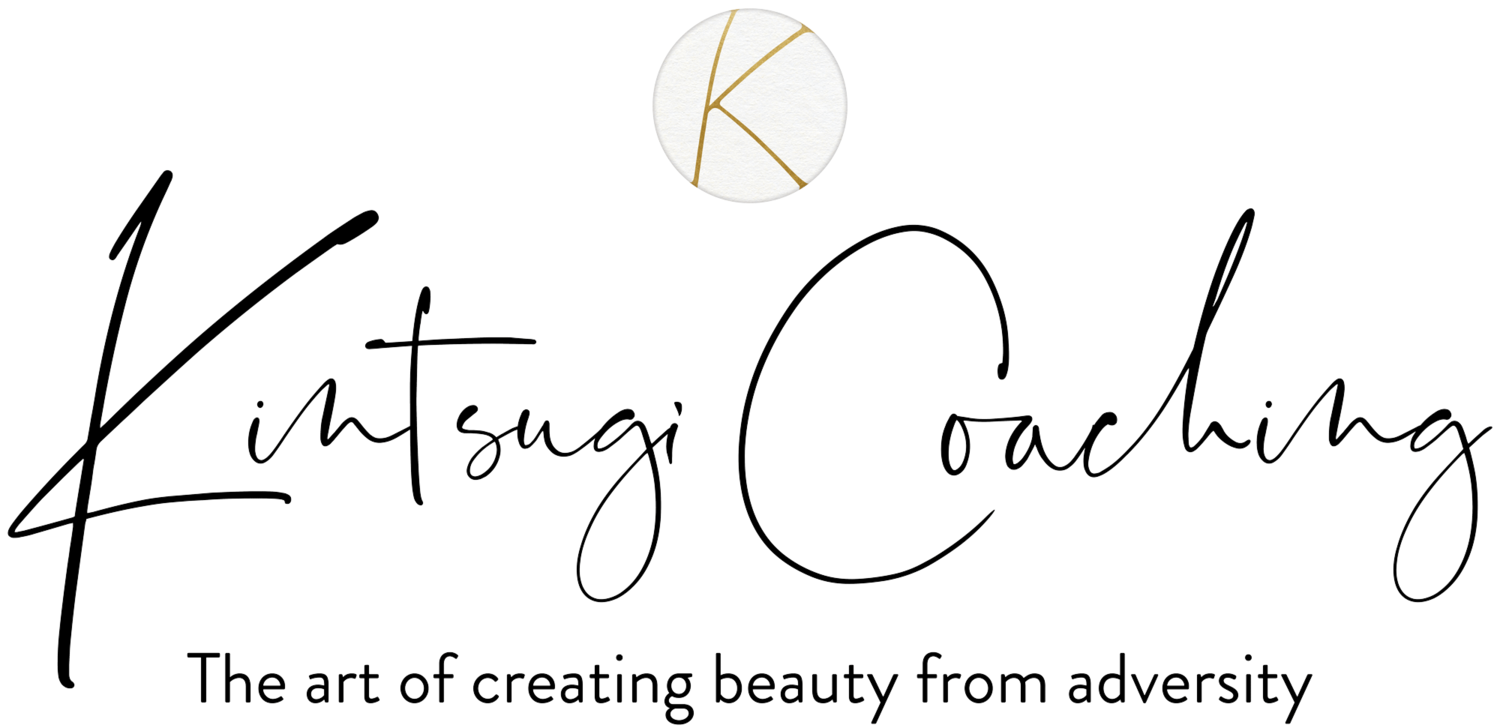Owning Your Shadow: The Downton Abbey Dilemma
I have been outed by Downton Abbey. I really thought I had things under control until Downton entered the picture; now everything has gone to hell.
I am late to the party at Downton Abbey; I only just began watching it two weeks ago on DVD and I just … can’t … stop. It’s distressingly absorbing. Yes, the acting is superb, the writing spot-on, the sets too much to be believed. The peek into turn-of-the-century Edwardian life—a life so radically different from our current age—is mesmerizing. I could stop there and say that I am ensorcelled by all of the above, but it’s more than that, I fear.
One of the basic tenants of both spirituality and psychotherapy is that it is critical to come to terms with who you really are and to embrace the real you, shadow and all. I thought I was succeeding on this front until I began watching Downton Abbey. Now, to my dismay, I see that my self-acceptance was but a gossamer facade. I fear I have been outed: Downton exposes a part of me I try to keep tucked away in a pied-à-terre in my mind. Now my prodigal portion has returned, hidden no longer, and Downton is to blame. The love that dare not speak its name has pushed itself into my bedroom, and I can resist no longer.
I am irretrievably in love with Downton. I want to live in its embrace. In my mind, I do. It’s home, and I don’t want to leave it. At the end of each disc I find my pronunciation and language have changed, like Madonna after a week in Scotland. I look around and think, This is not my house! This is not my life!
How is anyone supposed to go to Downton and remain unchanged? It’s impossible. It’s wicked and cruel, really, to attend those dinners and get all dressed up and then have to come back to consensual, mundane reality to vacuum and do the dishes and the laundry. It’s wrong. I think it must be some sort of plot by the British to confound us and make us sorry we ever left the continent in the first place.
The strange part about my Downton obsession is that I am a very modern woman who speaks her mind and lives in blue jeans. I do not care much what other people think and I do not follow the rules. I like my independence and I like my work. I do not hide my feelings. I am not superficial. And yet something about this show has me in its thrall. Certainly the beauty, the spaciousness, and ease (at least of life upstairs) is enviable. The civility and order are comforting, albeit constricting. I’m aware of the dark underbelly of that era, but I’m also aware of the dark underbelly of our own.
No, what I think is happening is that Downton is exposing my dual nature, even as it exposes the duality of Edwardian England. The truth is (and this is the confessional part) that I am spiritual but I’m also materially inclined; I love beautiful things, even as I understand that “things” are not important. I appreciate my freedom and (pseudo) gender equality, but I long for the civility and grace that has disappeared from our lives. I love jeans and t-shirts, but I also love elegant clothes—though you wouldn’t know it by looking in my closet. I drive a Prius, which I like very much, but given my druthers, I’d drive a Tesla, or better yet, that lovely little convertible that Matthew Crawley whizzes about in at 25 miles per hour. My house is small and sweet and I am grateful for it, but if I could move into a lovely villa on some spacious estate, I’d be sipping an aperitif on the veranda in a heartbeat. A girl can have her dreams.
And these dreams bring me to what is undoubtedly a very obvious point: no one woman should be expected to do all the tasks that modern women—those who make less than $500,000 a year anyway—are expected to do. It’s ridiculous, and every woman knows this. To shop for groceries, cook, clean the house, pay bills, make appointments, tend the babies and children, drive the aforementioned everywhere, work, socialize, and be a lover is just a bit much. Combining the dual roles of master and servant serves mostly to diminish both. It’s alluring to look at a life where one was not expected to do everything. Even the help was not expected to do everything: one had one’s role. And while that is limiting, it is also freeing.
We all have our fantasies and internal dichotomies; I think mine are just more on the surface than most. I like to think this makes me a very interesting—if confused and confusing—person. Not easily boxed, shall we say. A woman who can constantly surprise. This is what I tell myself.
So, there you are. I’ve come clean. You know my dirty little secret. Now if you’ll excuse me, I’m halfway through Season 3.

